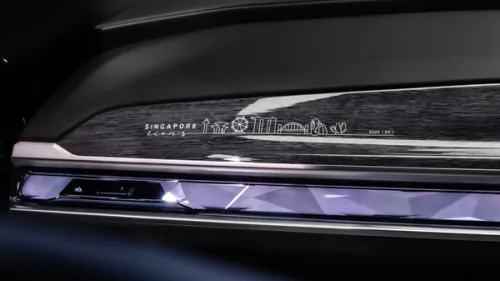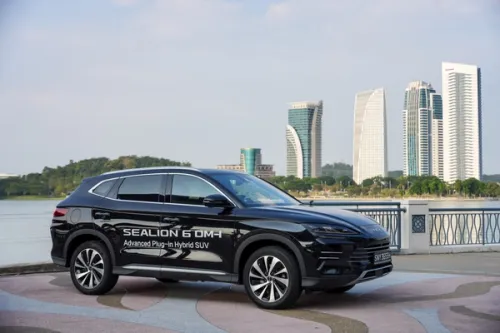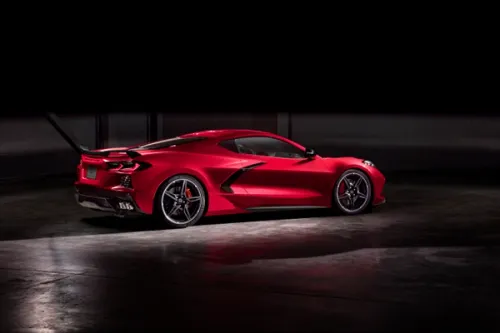BMW Group plans big expansion of plug-in hybrid models
The BMW Group is preparing to follow up its innovative and revolutionary BMW i models with plug-in hybrid versions of the core-brand models. In Miramas, France, it will present a BMW 3 Series plug-in hybrid prototype and a new generation of hybrid vehicle concepts incorporating technology already used in BMW i models. Long term, the BMW Group is planning to offer plug-in hybrid versions of all its core-brand models. Herbert Diess, Member of the Board of Management BMW AG, Development, said: “All BMW Group models benefit from BMW i. The fundamental technology involved in battery cells, electric motors and the power electronics will be used in our upcoming plug-in hybrid models. When it comes to the electrification of the drivetrain, we are deliberately developing a wide-ranging expertise in order to offer our customers worldwide the ideal solution."


The plug-in hybrid models presented in Miramas are equipped with a highly efficient internal combustion engine and an electric motor powered by an externally rechargeable high-voltage battery. Shorter-distance urban trips or commutes can be completed on electric power only. On longer journeys, the vehicle will usually operate in “combined mode”, with both systems working together.
The BMW 3 Series plug-in hybrid prototype combines a four-cylinder petrol engine with an electric motor. The internal combustion engine is based on the TwinPower Turbo four-cylinder petrol engine that has already twice been voted “International Engine of the Year”.
The electric motor and power electronics are directly based on the BMW eDrive technology already used in the BMW i3 and BMW i8 models. The prototype’s lithium-ion battery, including the battery management system and the high-efficiency direct cooling system, are likewise based on BMW i experience and know-how.
The plug-in hybrid technology is so flexible that it can be integrated in a wide variety of vehicle concepts. It will therefore be possible to deploy it rapidly across the BMW model range.
The route to sustainable mobility in the future will be a multi-track one. The already efficient combustion engines will be even more economical. All-electric vehicles like the BMW i3 are tailored to urban mobility requirements while plug-in hybrids are more appropriate for longer-distance journeys. Beyond this, in the long term electric mobility in conjunction with hydro-gen fuel cell technology could also be a viable option.
The focus of the Efficient Dynamics strategy is the electrification of the power train. This is an area in which we will continue to expand in the coming years. The plug-in technology will be one key lever to bring high performance vehicles well below 100 g/km CO2, while retaining the driving pleasure and driving dynamics of a BMW. We will also continue to develop fully electric mobility. Hydrogen fuel-cells will remain a key issue when it comes to drivetrain development, especially relating to its sustainable production.
Credits: Oneshift News Team


Get the Best Price for your used car
from 500+ dealers in 24 hours

- Convenient and Hassle-Free
- Consumer Protection
Transparent Process
With No Obligation








